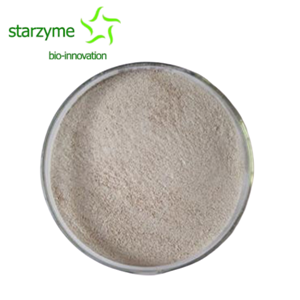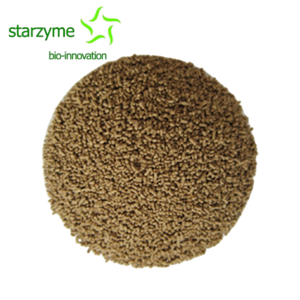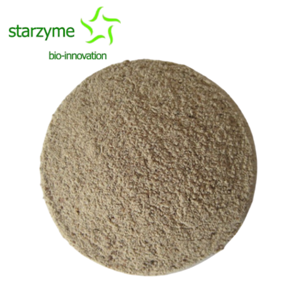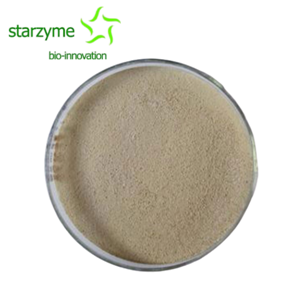The Wonderful Use of Bacillus licheniformis in Animal Husbandry
In the livestock breeding industry, how to improve breeding efficiency and ensure animal health has always been a focus of concern for farmers. In recent years, Bacillus licheniformis, as a new type of microecological agent, has gradually emerged in animal husbandry and become a powerful "assistant" for many farmers. It can not only improve the breeding environment, but also enhance the health level of animals, reduce the occurrence of diseases, and promote the green and sustainable development of animal husbandry.
What is Bacillus licheniformis?
Bacillus licheniformis is a Gram positive, spore forming aerobic bacterium that is widely present in soil, plant and animal surfaces in nature. It has good durability and reproductive ability, and can survive and reproduce under various environmental conditions. The antimicrobial peptides, enzymes, and other bioactive substances produced by it demonstrate broad potential for application in animal husbandry.
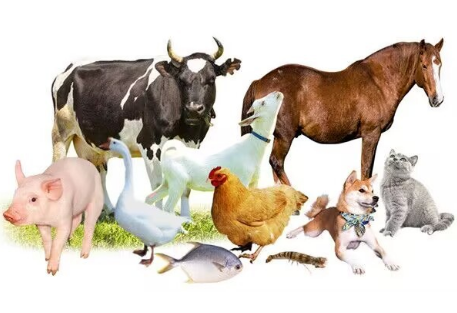
The use of Bacillus licheniformis in animal husbandry
1. Improve the livestock environment and reduce harmful microorganisms
Harmful bacteria and odorous gases (such as ammonia and hydrogen sulfide) in animal feces are important factors affecting the breeding environment. Bacillus licheniformis can reproduce in large quantities, inhibit the growth of pathogenic bacteria, decompose organic matter in feces, reduce odors, and improve the cleanliness and air quality of livestock houses.
2. Promote growth and improve breeding efficiency
By regulating the gut microbiota and improving the digestion and absorption capacity of animals, growth and development can be promoted. Research has shown that adding Bacillus licheniformis to feed can significantly improve the weight gain rate and feed conversion rate of livestock and poultry such as pigs, beef cattle, and laying hens.
3. Enhance disease resistance and reduce the occurrence of diseases
The antibacterial substances produced by Bacillus licheniformis can inhibit the reproduction of various pathogenic bacteria (such as Salmonella, Escherichia coli, Staphylococcus, etc.), reduce the occurrence of intestinal and respiratory diseases from the source, and reduce the use of antibiotics.
4. Improve immunity and enhance animal health
Long term use of microbial agents can activate the immune system of animals, enhance disease resistance, reduce drug dependence, and maintain the health of animals and breeding environments.
Application of Bacillus licheniformis in animal husbandry
1. Feed additives
Mixing Bacillus licheniformis as an additive into daily feed or drinking water. Scientific ratio and long-term use can help improve the balance of gut microbiota and promote nutrient absorption.
2. Fecal treatment
Regularly spray microbial agents in the animal pens to decompose organic matter in feces, reduce the proliferation of harmful microorganisms, and lower odor and pollution risks.
3. Regulation of aquaculture environment
Spraying in pig pens, cattle pens and other places can help improve environmental hygiene, reduce the growth of pathogens, and provide a clean and comfortable living space for animals.
4. Immune enhancement and disease prevention
On the basis of vaccine or drug treatment, combined with microbial agents, it can enhance animal immunity and improve disease resistance.
As a green biological agent, Bacillus licheniformis is showing great potential in animal husbandry. It can not only improve animal intestinal health, increase feed conversion rate, and enhance immunity, but also effectively reduce the use of antibiotics. With the deepening of the concept of sustainable aquaculture, the application prospects of Bacillus licheniformis will be even broader. Farmers should actively explore and practice, integrating this health guardian into their daily breeding management, and contribute to achieving efficient and environmentally friendly animal husbandry.

